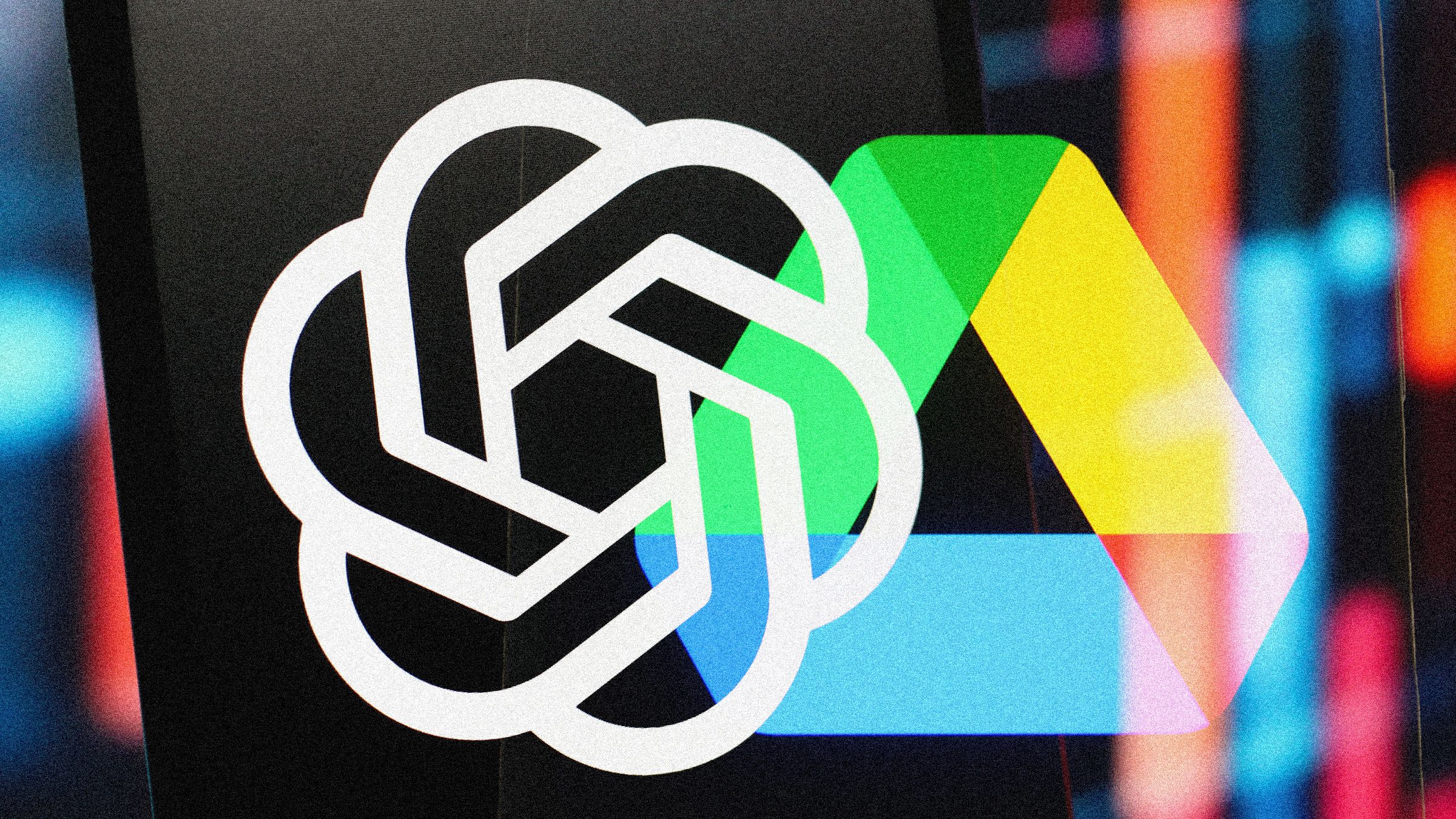Why You Can’t Trust a Chatbot to Talk About Itself
Why You Can’t Trust a Chatbot to Talk About Itself
Chatbots are artificial intelligence programs designed to communicate with users through text or speech. While they may seem…

Why You Can’t Trust a Chatbot to Talk About Itself
Chatbots are artificial intelligence programs designed to communicate with users through text or speech. While they may seem helpful or even human-like at times, it’s important to remember that chatbots are ultimately created by developers and programmed to respond in certain ways.
When it comes to talking about themselves, chatbots can only provide information that has been inputted into their system. They are limited by the data they have been given and cannot offer personal opinions, emotions, or experiences.
Furthermore, chatbots are designed to serve a specific purpose, whether it be customer service, information retrieval, or entertainment. They are programmed to prioritize fulfilling their functions rather than engaging in meaningful self-reflection or introspection.
Additionally, chatbots lack the ability to truly understand themselves or their existence. They operate based on algorithms and pre-determined responses, without the capacity for self-awareness or critical thinking.
Ultimately, relying on a chatbot to talk about itself is akin to asking a computer program to discuss its feelings or beliefs. While they can provide useful information and assistance within their designated scope, they are not capable of genuine self-expression or introspection.
Therefore, it is essential to approach chatbots with a critical mindset and recognize their limitations when it comes to discussing personal matters or sharing subjective perspectives.
While chatbots can be valuable tools for certain tasks, trusting them to provide authentic insights about themselves is simply unrealistic.
So, next time you interact with a chatbot, remember that it is a programmed tool rather than a sentient being capable of genuine self-expression.




